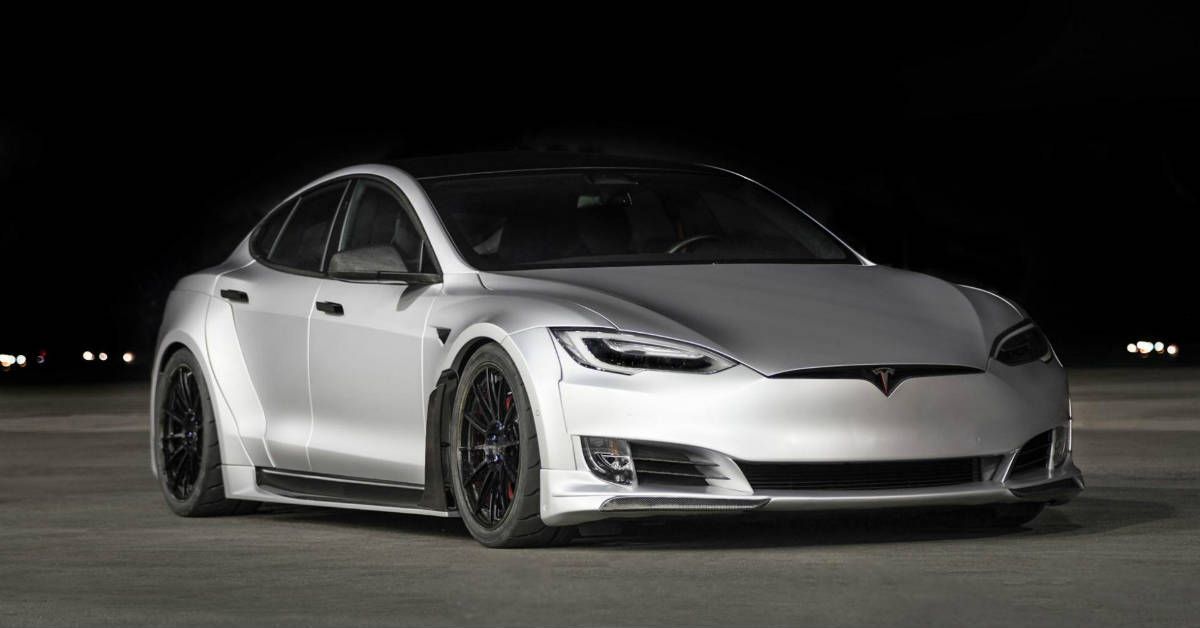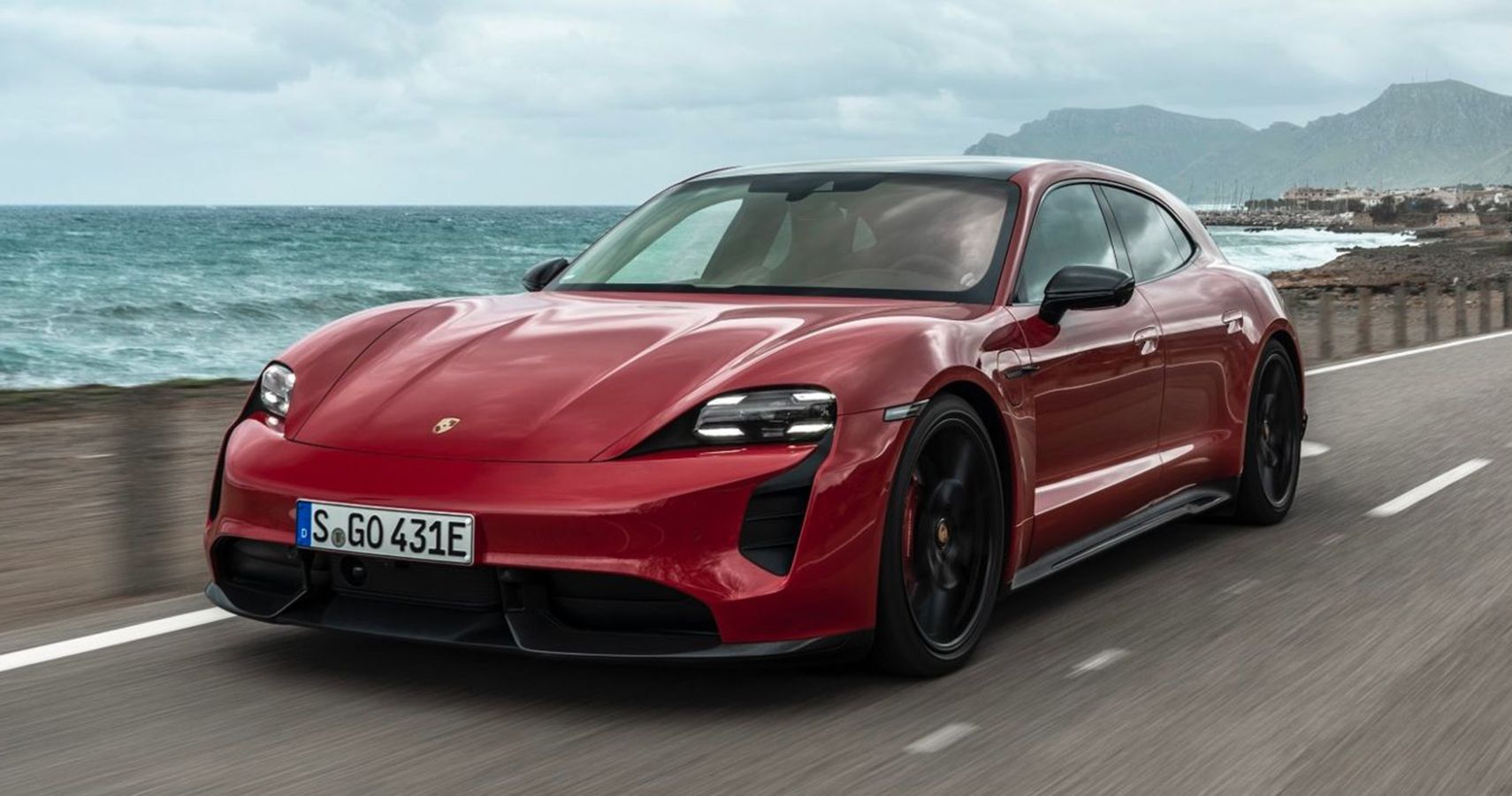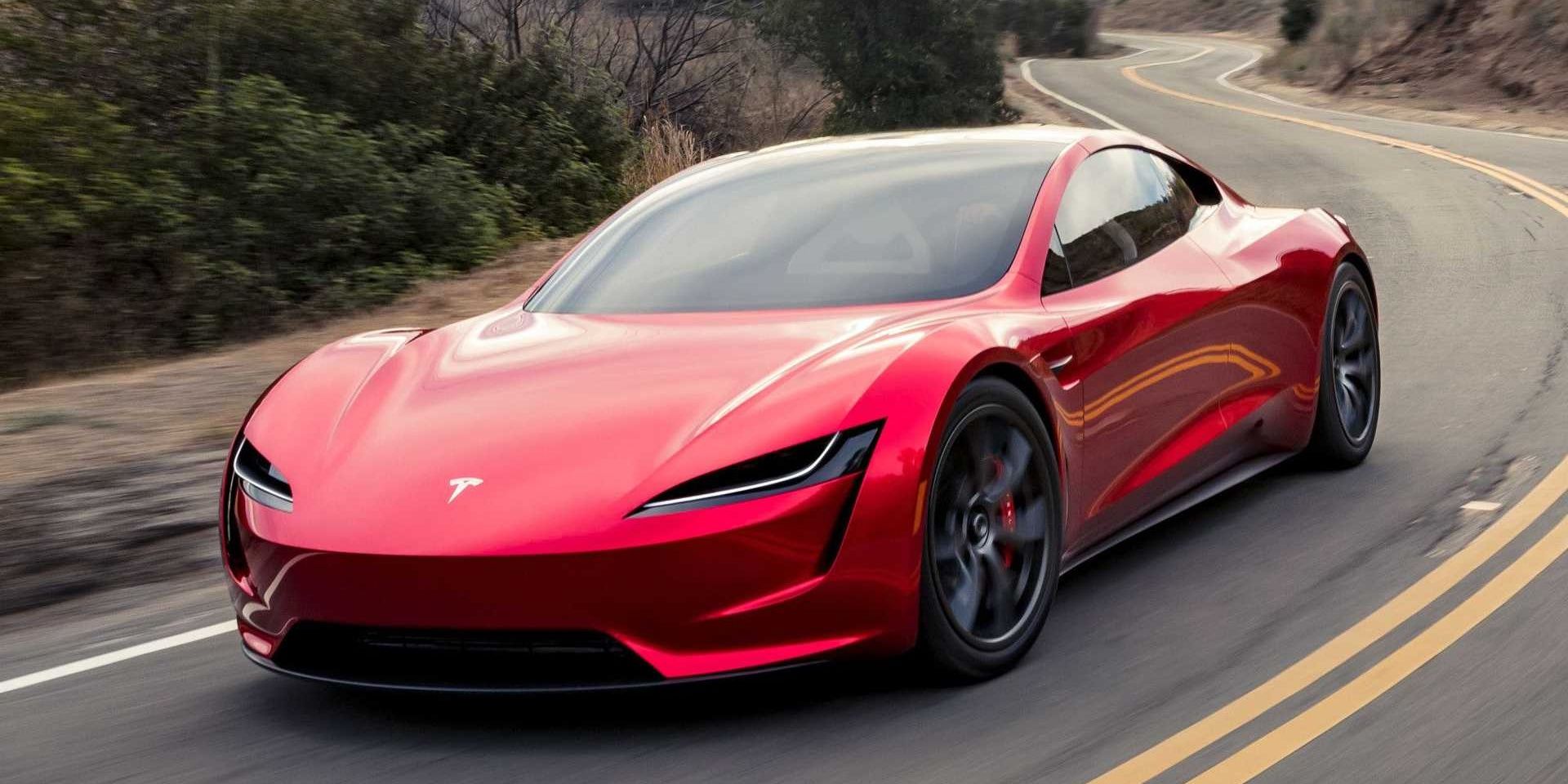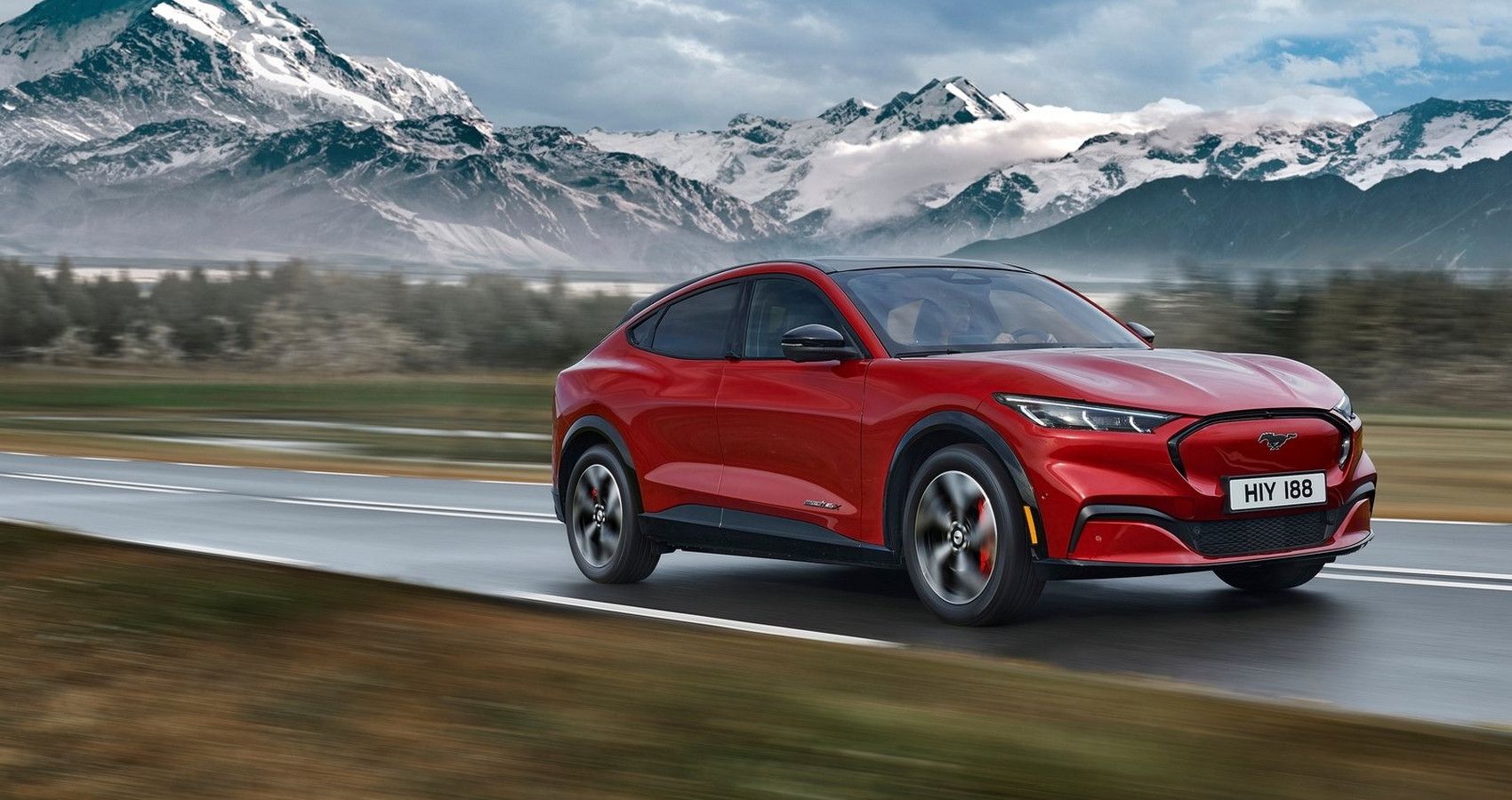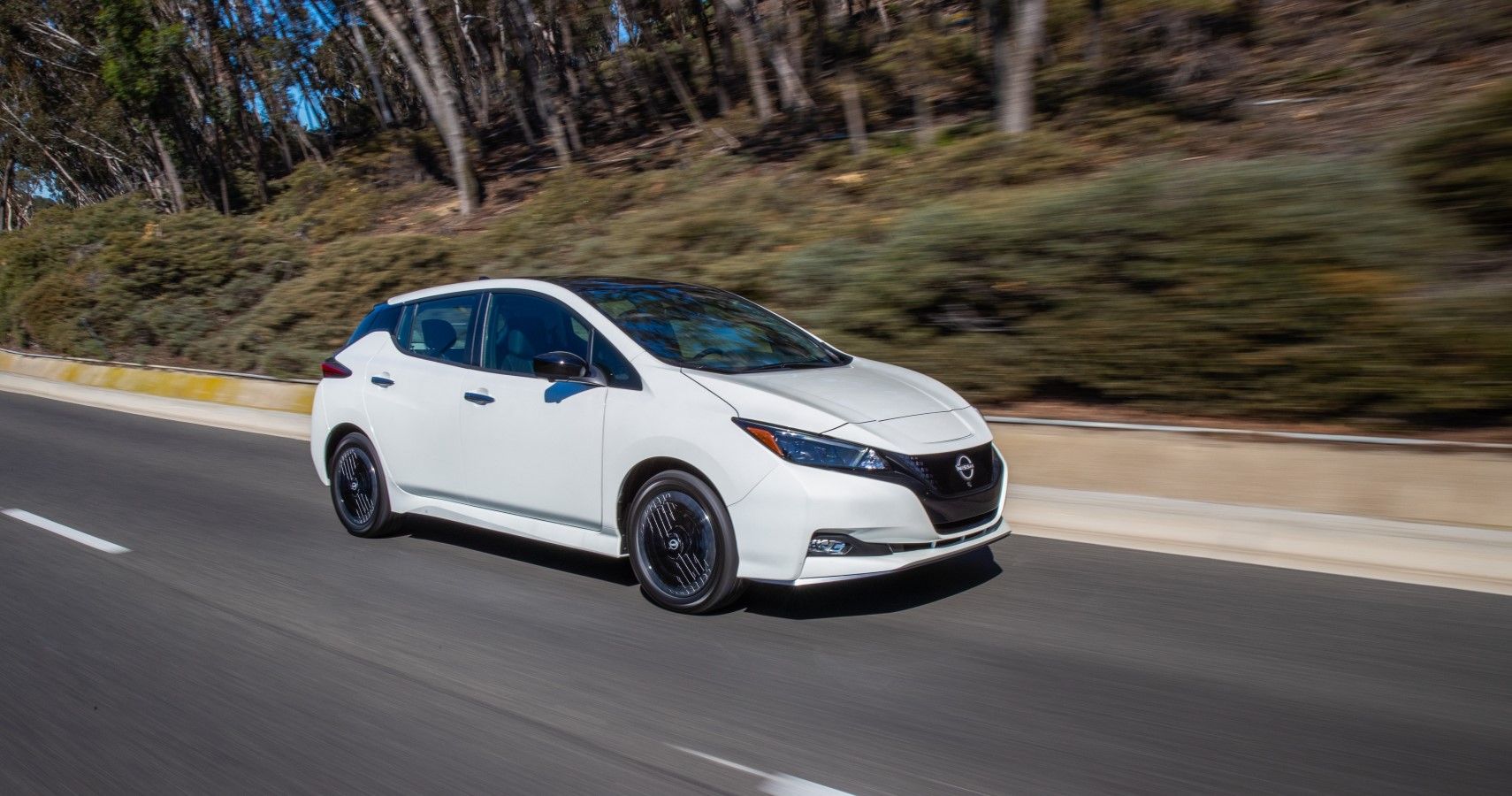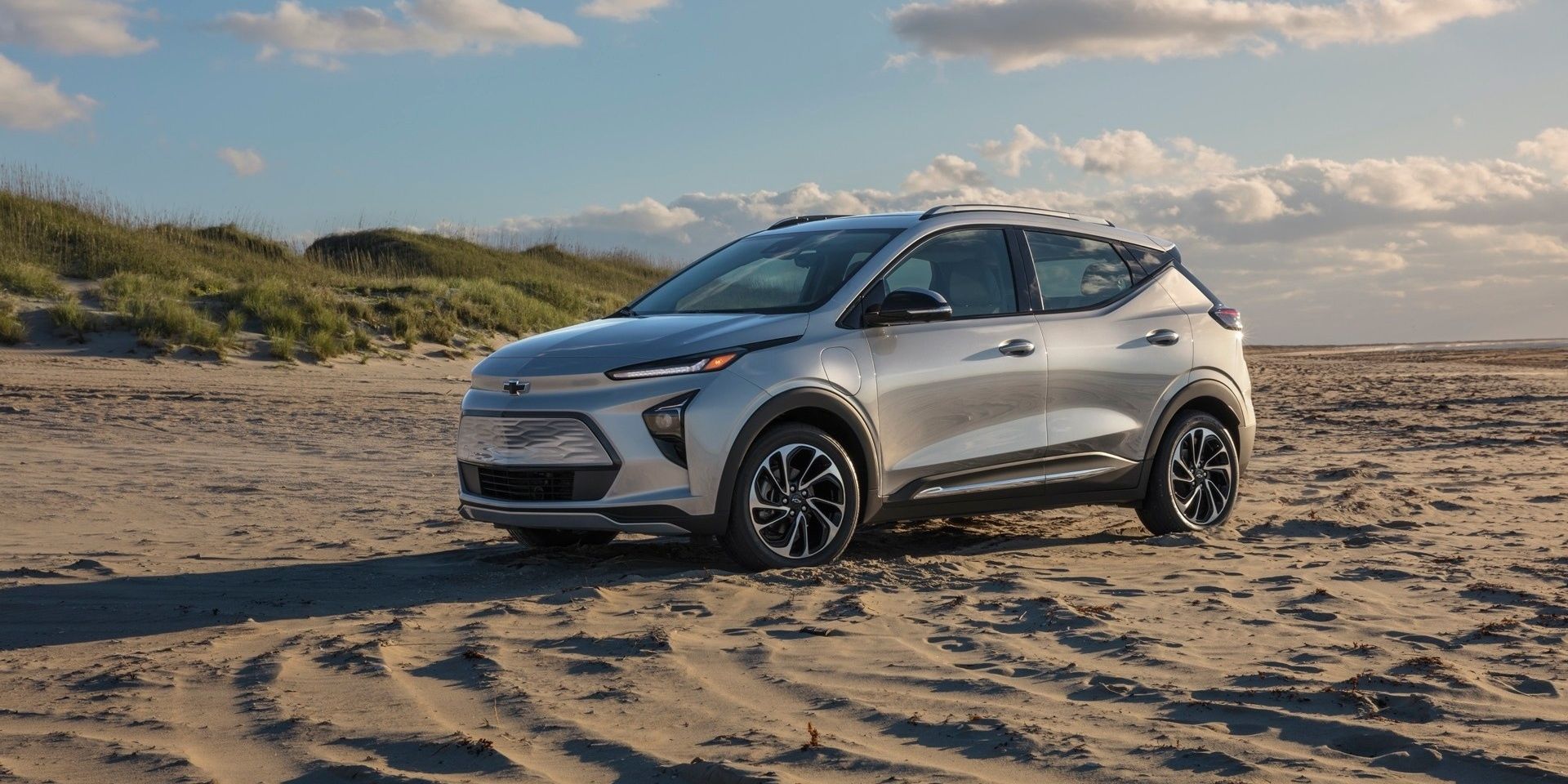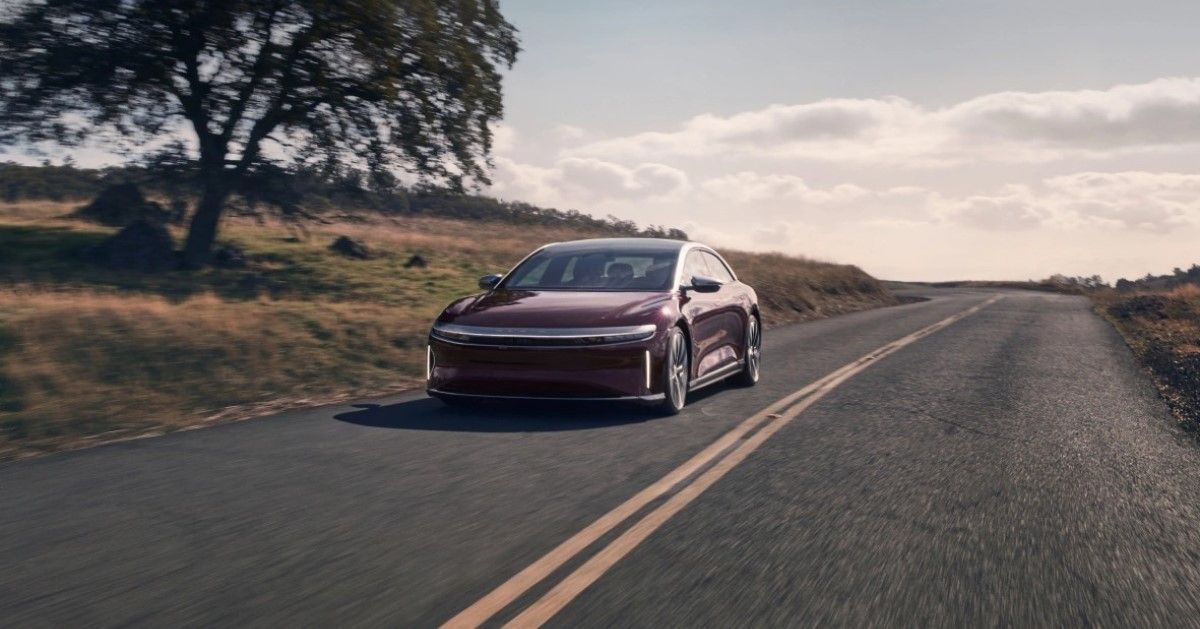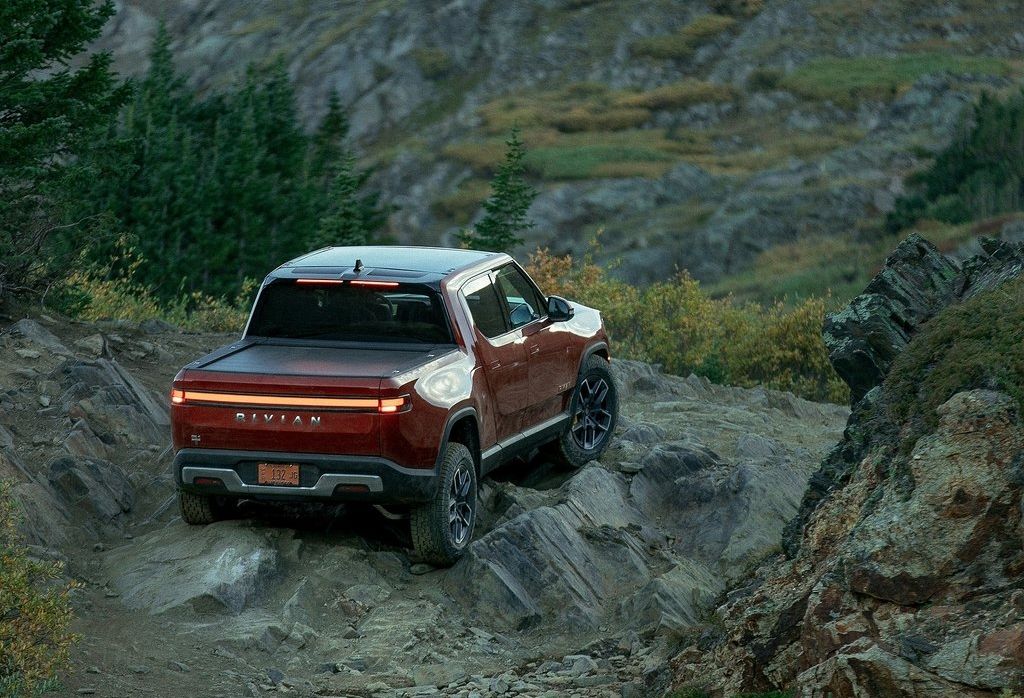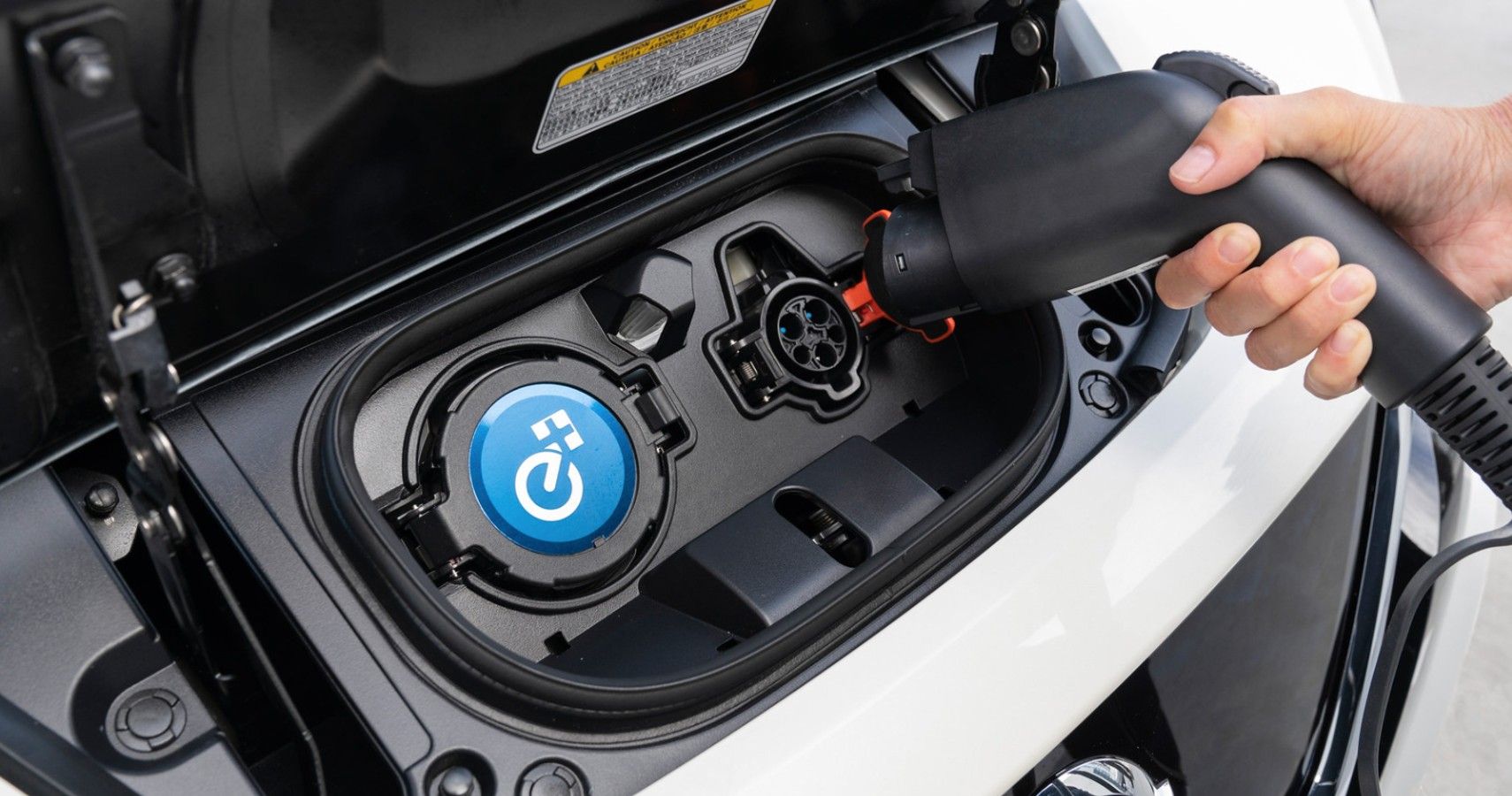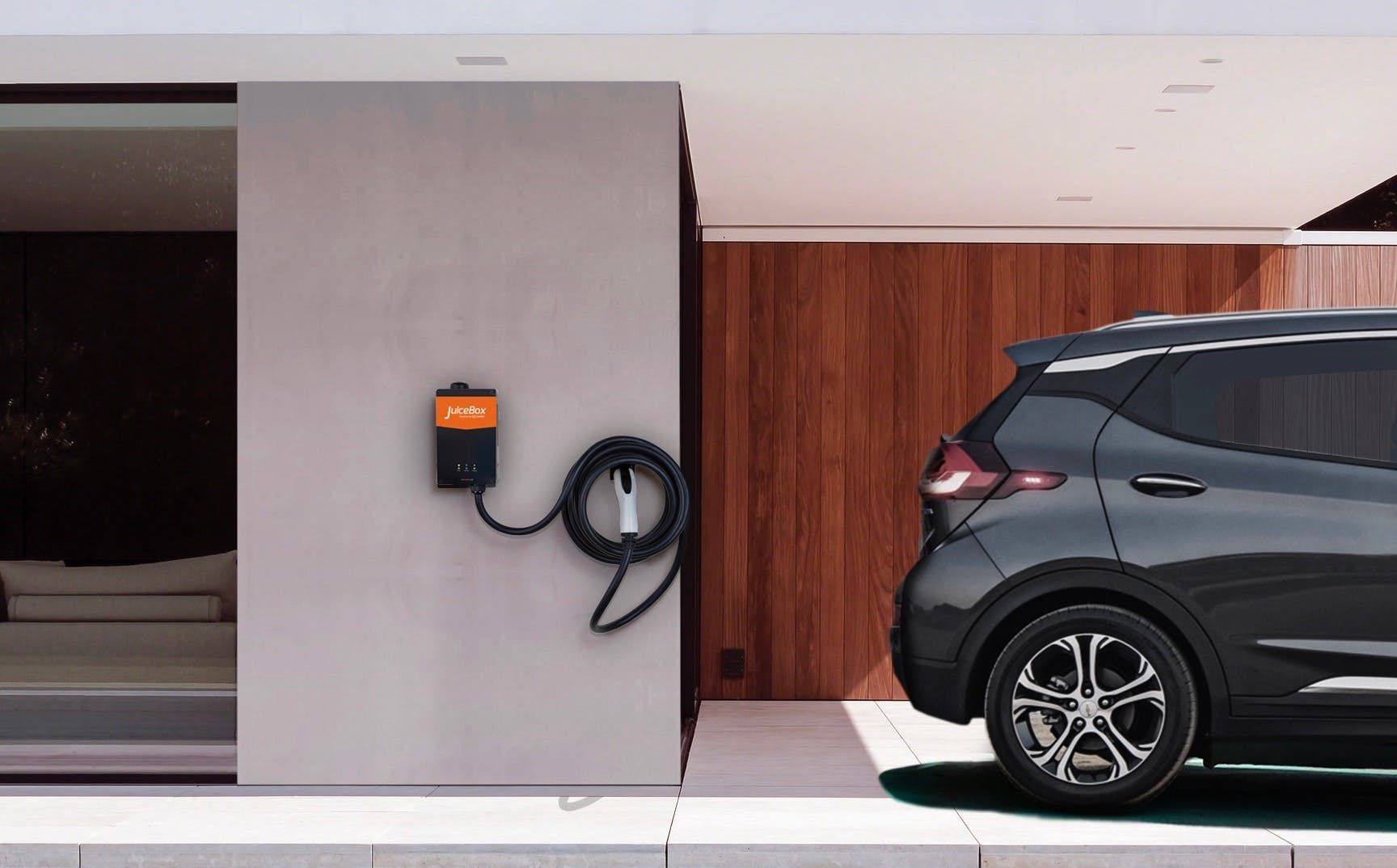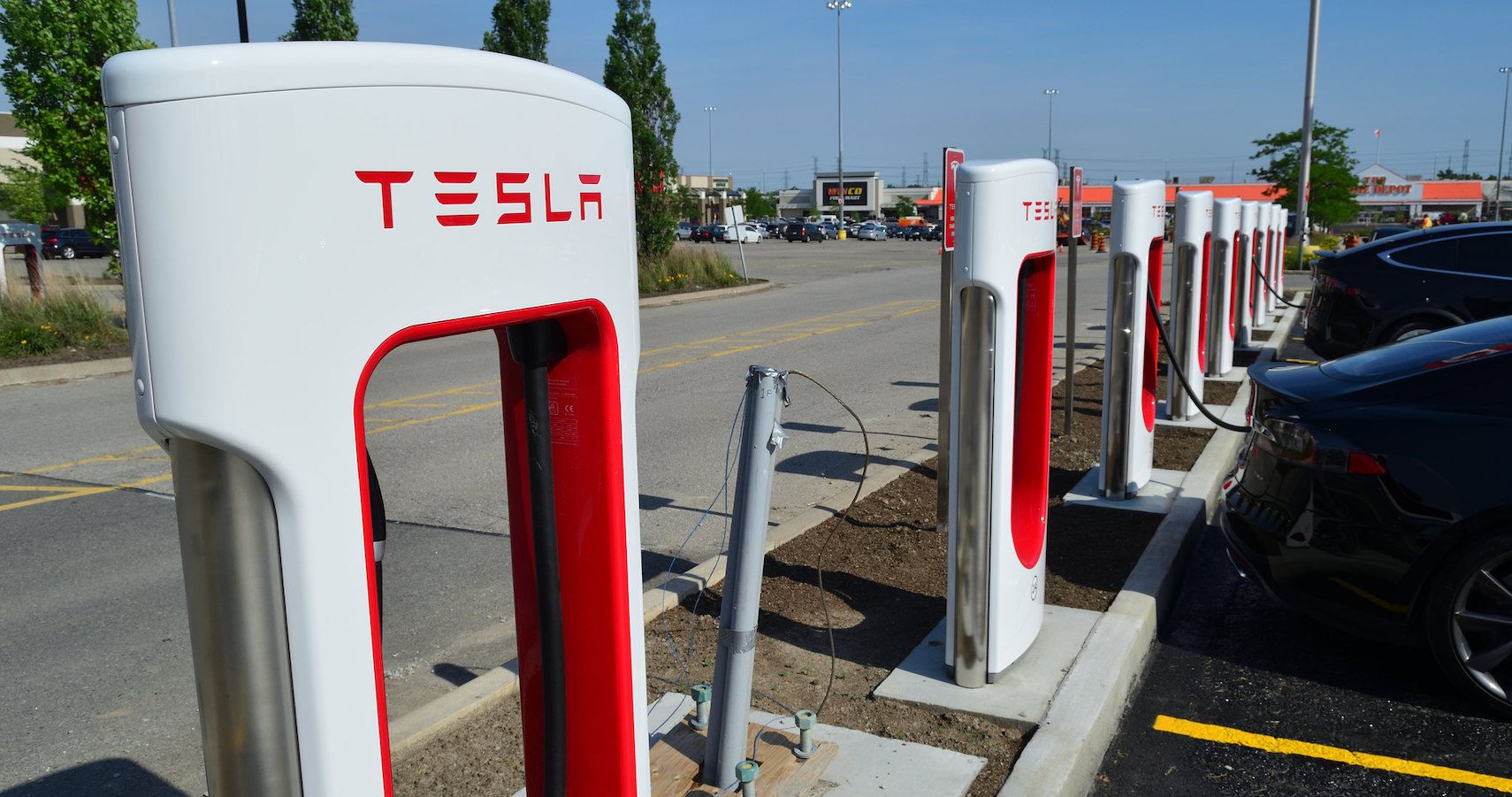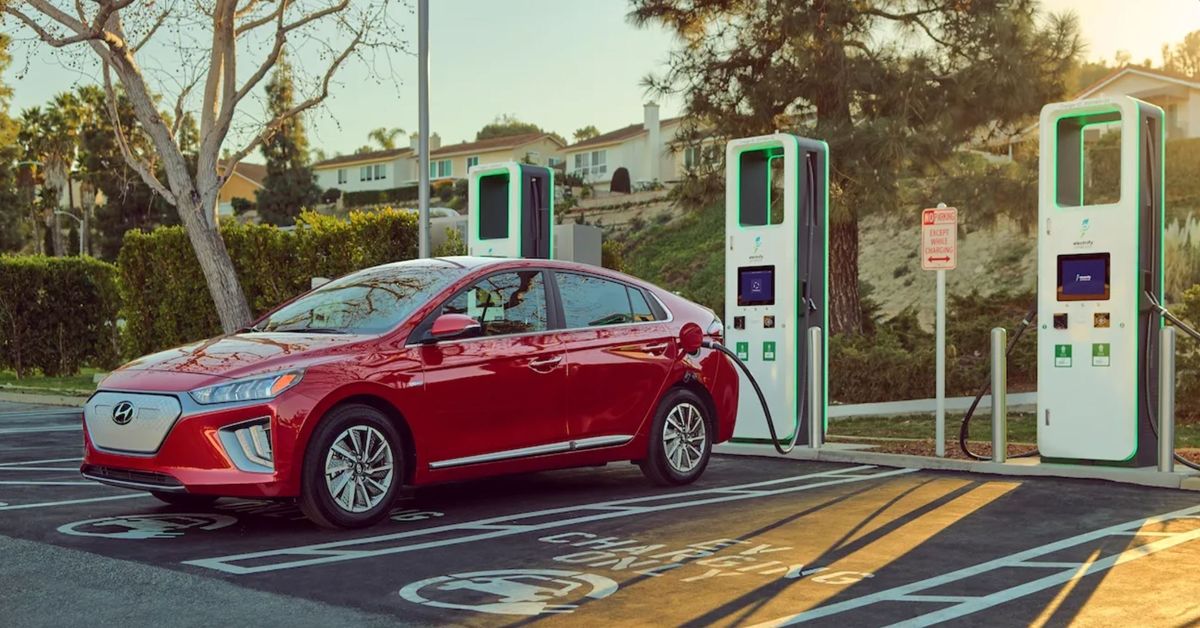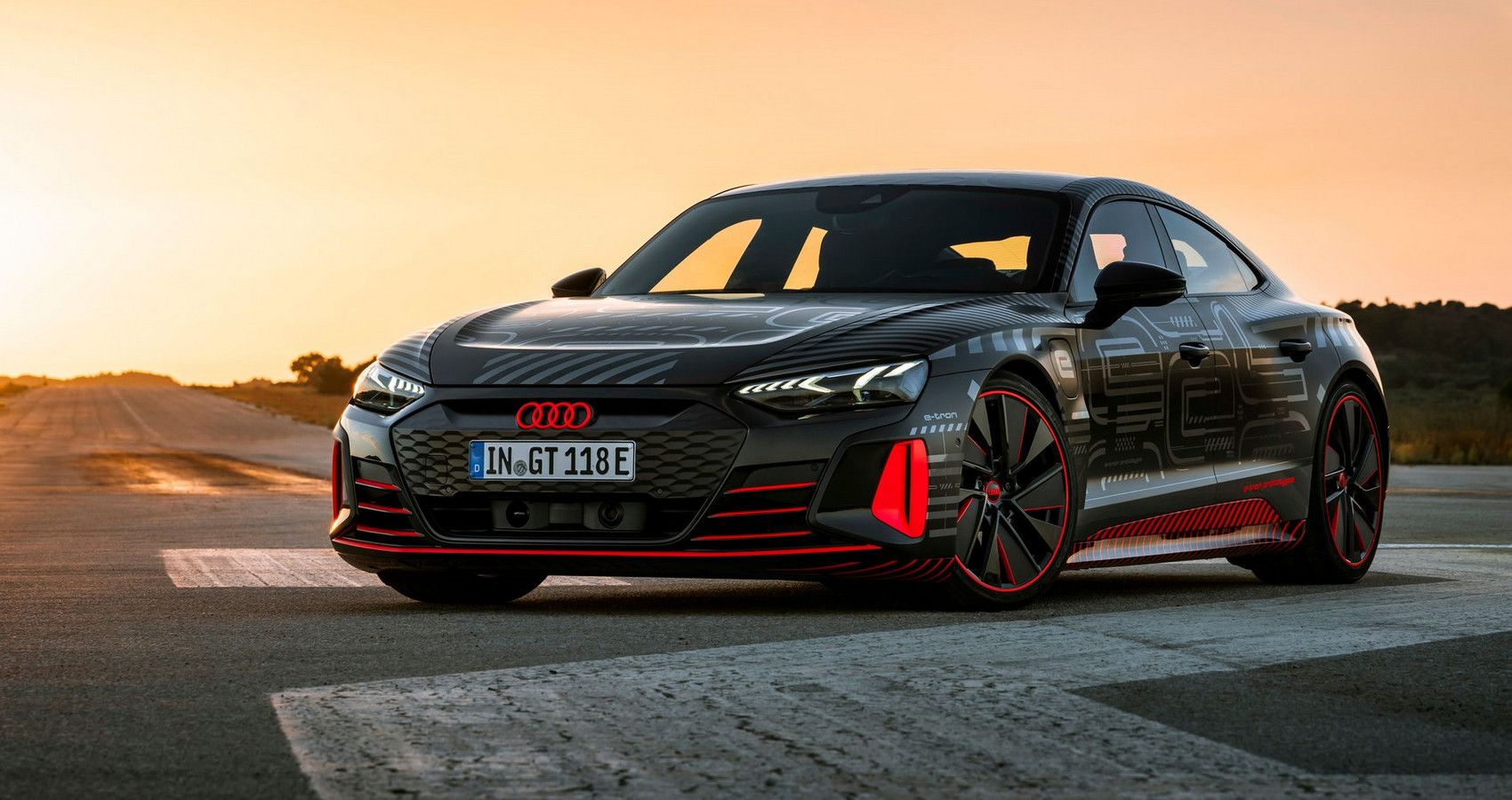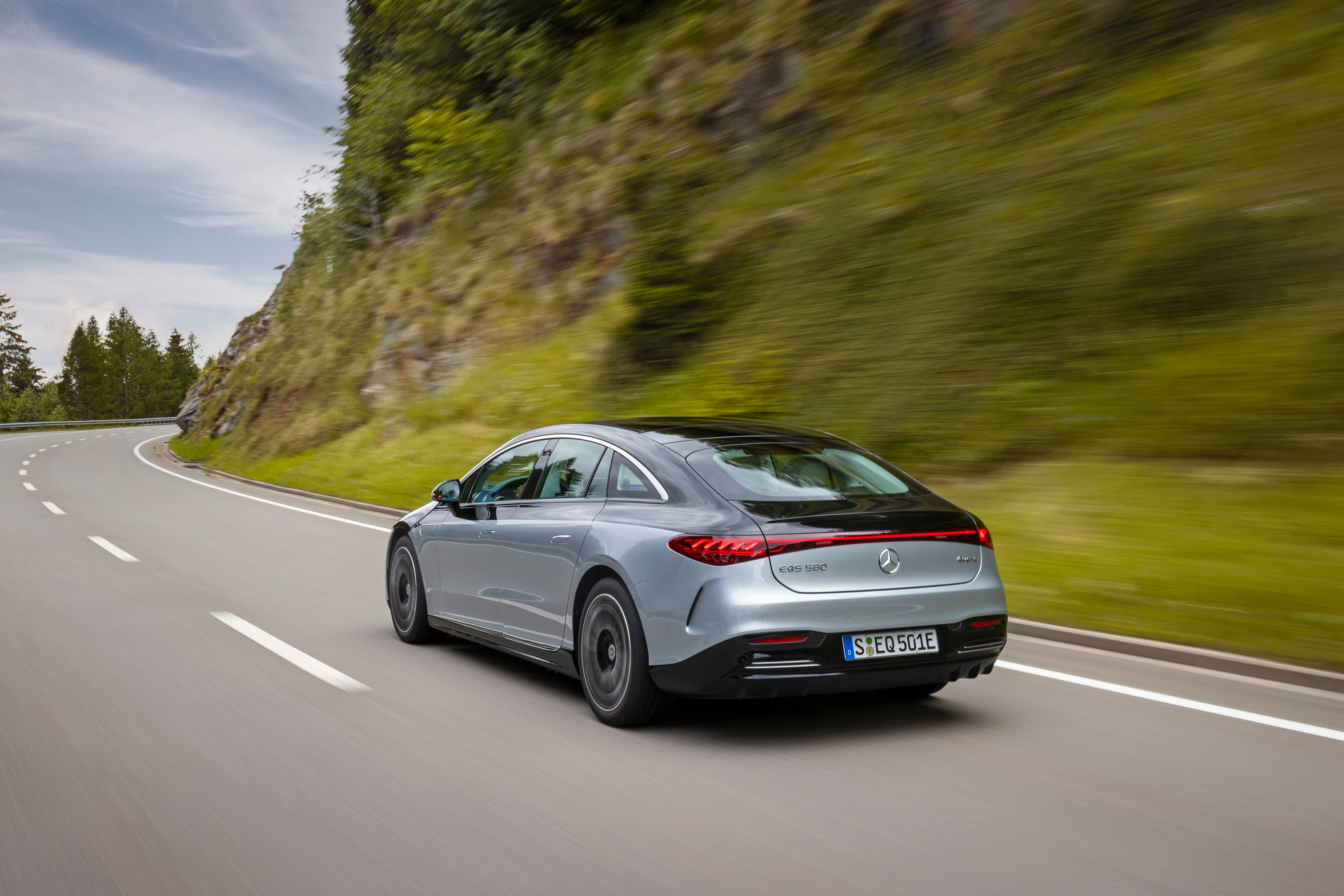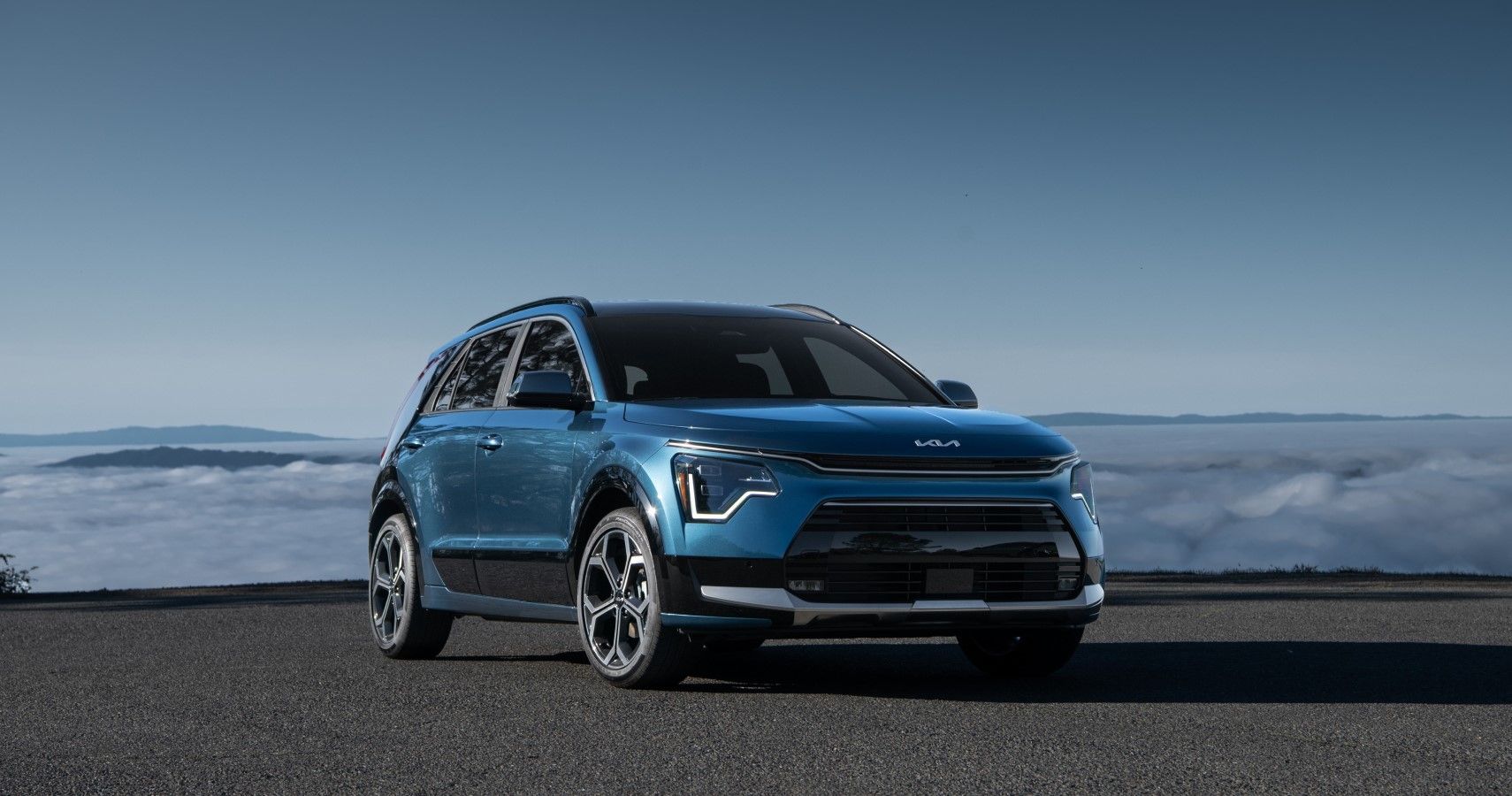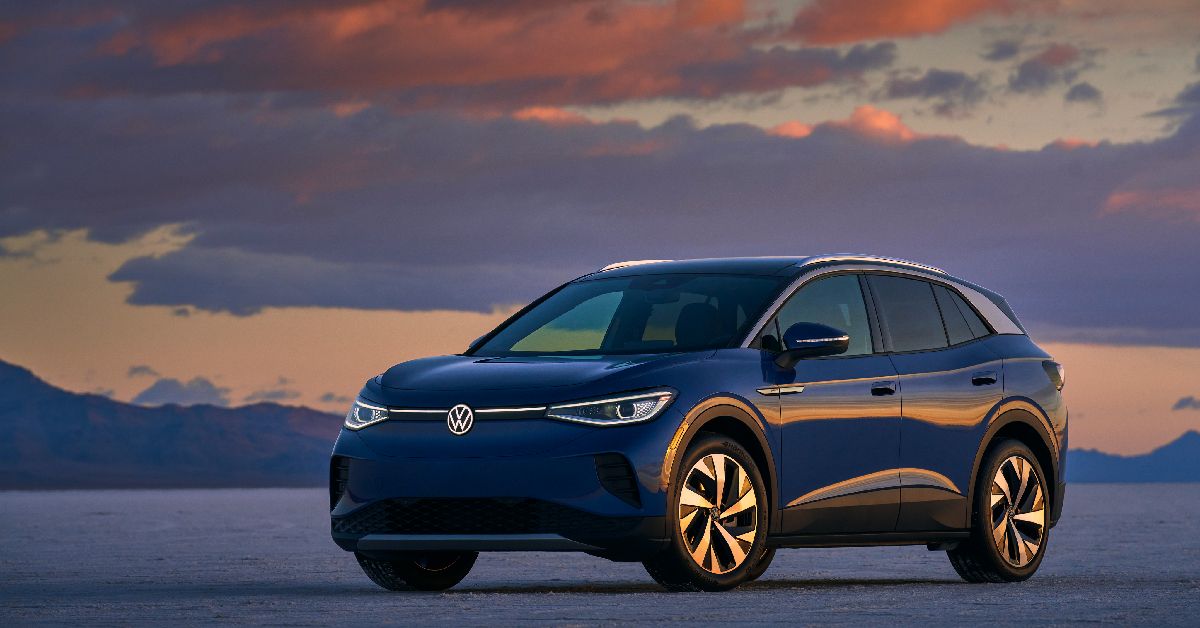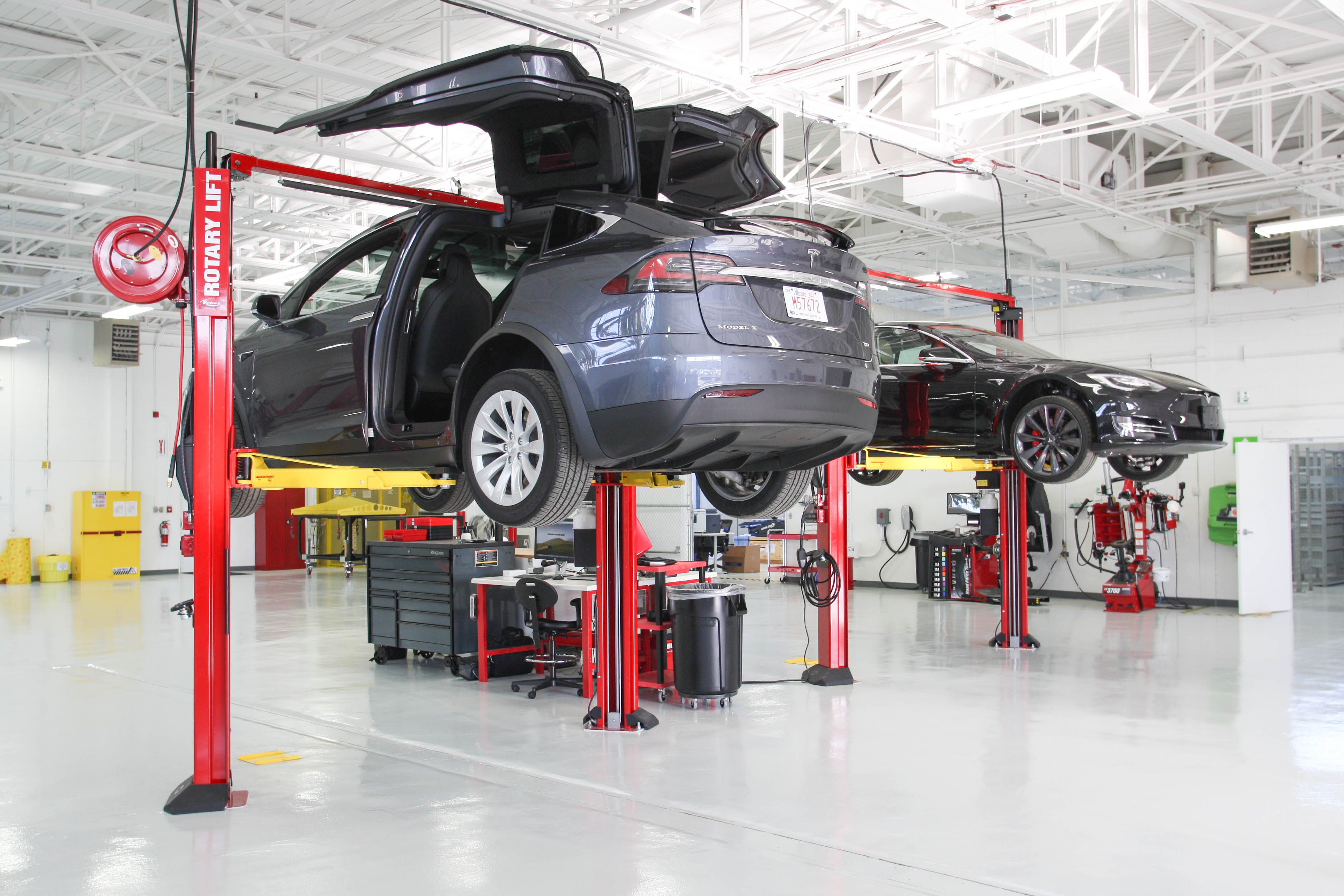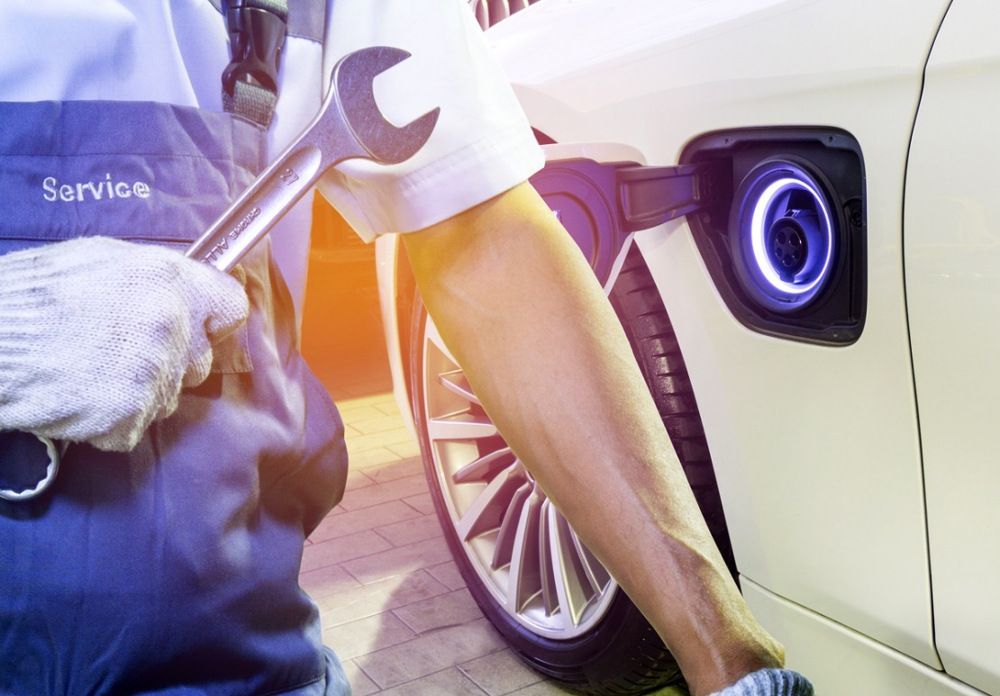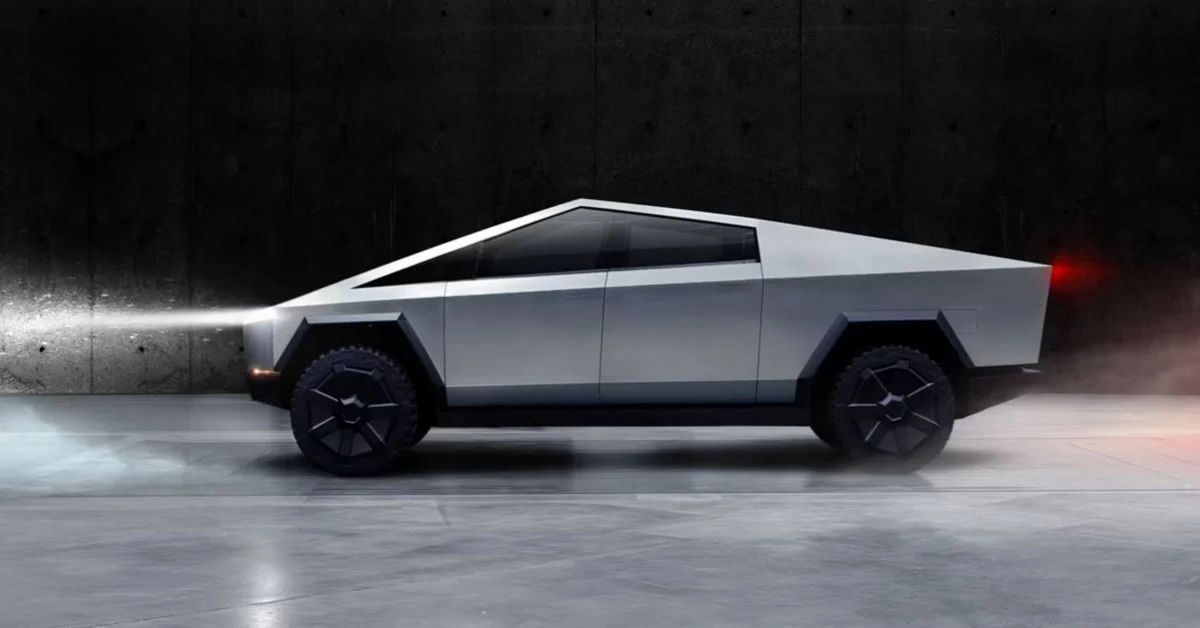If you've always wanted to buy an electric vehicle, there's never been a better time than now. For one, gas prices hit a record-breaking $4.33 per gallon in March, with some places having to pay over $5 per gallon. This means that making the switch to an EV could potentially save you a lot of money. Another reason why an electric car seems like a good buy today is the variety - with almost every big manufacturer selling an electric vehicle, there are plenty of options for everyone, including sedans, SUVs, sports cars, and pickup trucks.
However, buying an electric car can be a daunting task, especially if you've never owned one before. To ensure you get an electric car that will suit your needs, consider the following factors before making your purchase.
10 Type Of Electric Car
There are different types of electric cars you need to know before you start shopping. The first type is battery electric vehicles, which are powered exclusively by electricity. There are also plug-in hybrid electric vehicles, which combine electricity and a traditional internal combustion engine. Some gearheads may also include fuel cell electric vehicles in this conversation.
Once you choose the type of electric drivetrain you want, the next step is to choose a type of vehicle that suits your needs. Thankfully, we have a wide range of EVs available, from sedans to SUVs, hatchbacks, crossovers, and even pickup trucks.
9 New Or Used?
When buying an EV, the best option has always been to find a new one. There are plenty of new EV models coming out, and it ensures you get everything in perfect condition - especially the battery pack.
However, if you are working on a tight budget, the used EV market is growing faster than ever before and has plenty of options for you. However, before spending your hard-earned money on a used EV, make sure you have a professional inspect it thoroughly to ensure all systems are working properly and that the battery is still healthy.
8 Buy Or Lease
Unless you're getting a Tesla, you can either buy or lease your EV. Both options have advantages and disadvantages, which is why you must be careful. The main reason why buying an EV is a good idea is you get to take advantage of various tax benefits and other government incentives.
Despite that, we still think that leasing is the better option. EV technology is moving rapidly, and leasing gives you a chance to enjoy the latest technologies as they come out. With leasing, you also don't need to worry much about the degradation of the battery.
7 How Much Range You Need
Range anxiety is one of the main reasons why many gearheads still won't buy EVs. Nobody wants their car to run out of juice when they're far from a charging station, as it means they'll incur costly towing fees.
Thankfully, range anxiety is no longer a problem these days. EV range has improved drastically, and we now have cars with enough range to cover all your daily errands and leave you with enough power for a road trip. For example, the Lucid Air Dream Edition has an impressive range of over 500 miles.
6 Home Charging Options
The easiest and most cost-effective way to charge your EV is by using a home charging system. With such a system installed, range anxiety will never be an issue since you'll always have some juice every time you leave your home.
However, it's important to know that home charging systems are not built the same. They can take anywhere from just a few hours to several days to fully charge your car, depending on the type of charger and capacity.
5 Public Charging Options
Even if you have a home charger, it's important to ensure that you have a reliable public charging station nearby, since they typically offer much faster charging speeds than home systems. If you're buying a Tesla, you probably don't have a lot to worry about since Tesla has more than 1,200 supercharger stations spread across the US.
If you don't own a Tesla, find out where the nearest suitable public charging station is, their rates, the demand, and charging speed.
4 Tax Credits And Incentives
The US government strongly supports electric cars and the overall fight against climate change. One way the government has shown this support is through tax credits and other incentives aimed at attracting more car buyers to EVs.
There are four main types of government incentives for EVs - vehicle purchase rebate, income tax credit, annual vehicle tax reduction, and one-time vehicle tax reduction. You may also qualify for various state-specific incentives depending on where you live.
3 Cost Of Insurance
One disadvantage of owning an EV is that you'll have to pay more for insurance than you'd have to pay for a gas-powered car. According to a report by the Wall Street Journal, the average monthly cost of insurance for an all-electric vehicle is $317, which is a lot higher than the $193 a gas-powered car costs to insure.
This doesn't mean that EVs are more accident-prone or less safe than gas-powered cars. Rather, it's because they generally cost more to repair after an accident, especially if the battery pack is affected.
2 Best Maintenance Practices
A lot of people mistakenly believe that maintenance is not required on an EV since it doesn't have an engine. That couldn't be further from the truth. EVs need maintenance too, but it's definitely cheaper and less time-consuming than a traditional car.
Some of the parts you should keep an eye on include the battery pack, tires, and braking systems. You should also ensure that there are no over-the-air updates you've missed.
1 Warranty
The battery pack is the most important and expensive component in an EV. After years of charging and discharging, the battery will definitely start losing health and may even get permanently damaged. This is where a warranty comes in.
EV manufacturers provide warranties to protect their buyers from the huge cost of replacing the battery. Most manufacturers typically offer 8 to 10 years warranty or up to 100,000 miles.

